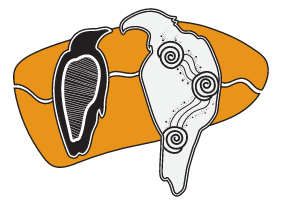A yarn with Cath Olive about ‘The Arb’
February 4, 2023
It is a warm January morning and the cicadas are making a racket. Cath’s dog ‘Indi’ takes off into the wetlands, making a splash as dragonflies circle above. A grasshopper takes perch on Cath’s arm as we amble along the daanak trail yarning about all things plants, partnerships and her favourite patch.

Where did you get your love of plants from?
Plants are in my blood. My dad was an avid horticulturalist, and my nan a keen gardener. From the earliest age, my family took me camping and my dad and I would go plant hunting. The natural world is where I am happiest and content. I have been lucky to have been able to share this love of plants for the last 30 years through my various jobs, generally on Taungurung country – currently at the Arb.
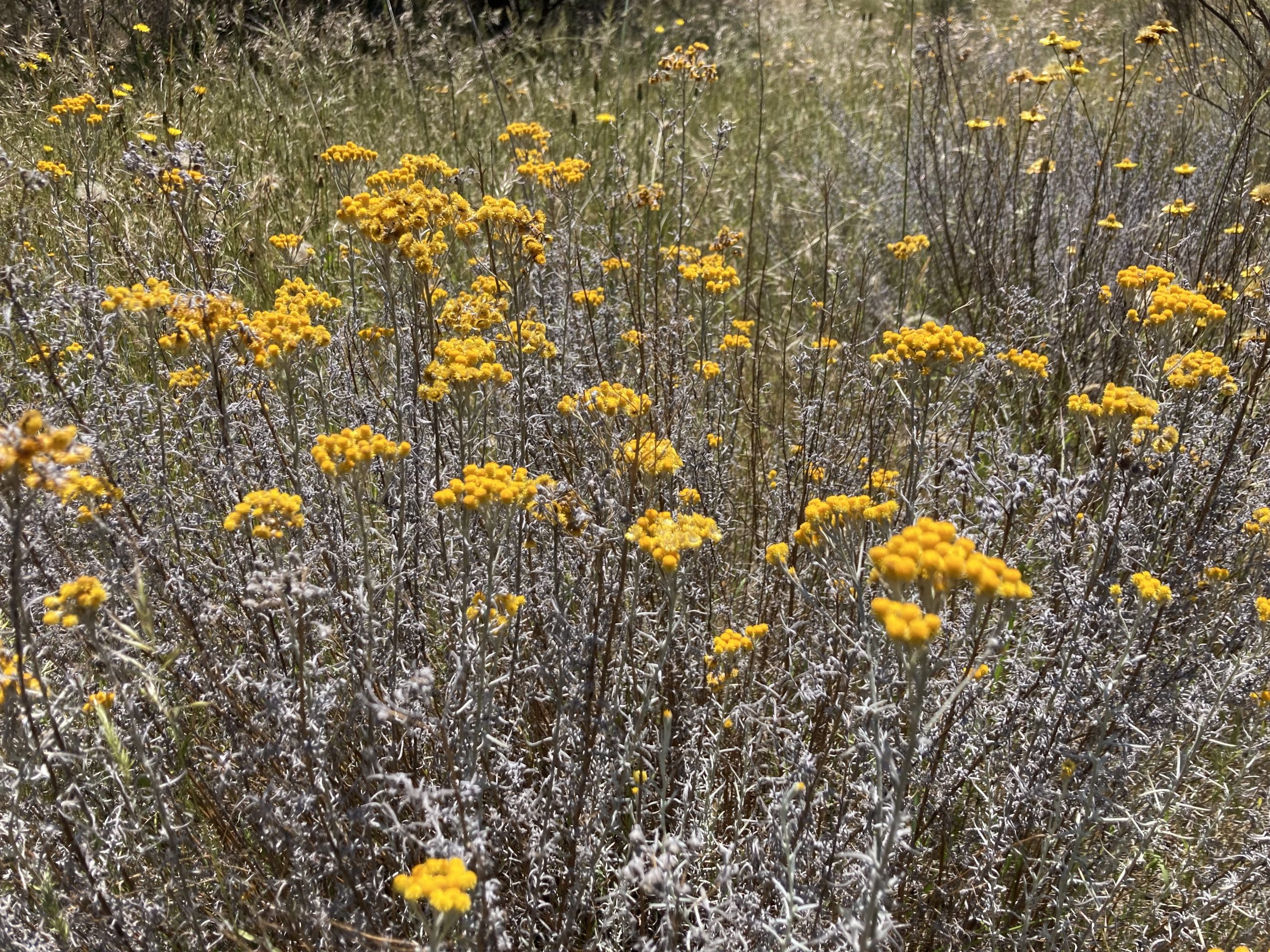
Tell us about the Arb's backstory
The Arb was originally a sheep station in the 1850’s. When the Hume Hwy was re-aligned in the 1980’s, the land was used as a base by VicRoads to store heavy machinery and soil. It was gifted to the community of Euroa in 1993 and became Euroa Arboretum. In the early days, there were only a handful of mature trees and most of the groundcover was introduced pasture grasses and weeds. By the late 1990’s, the direction of the Arb changed somewhat and it shifted from a classic Arboretum of mixed, non indigenous species to reflecting the plants and landscapes of the local Strathbogies and plains.
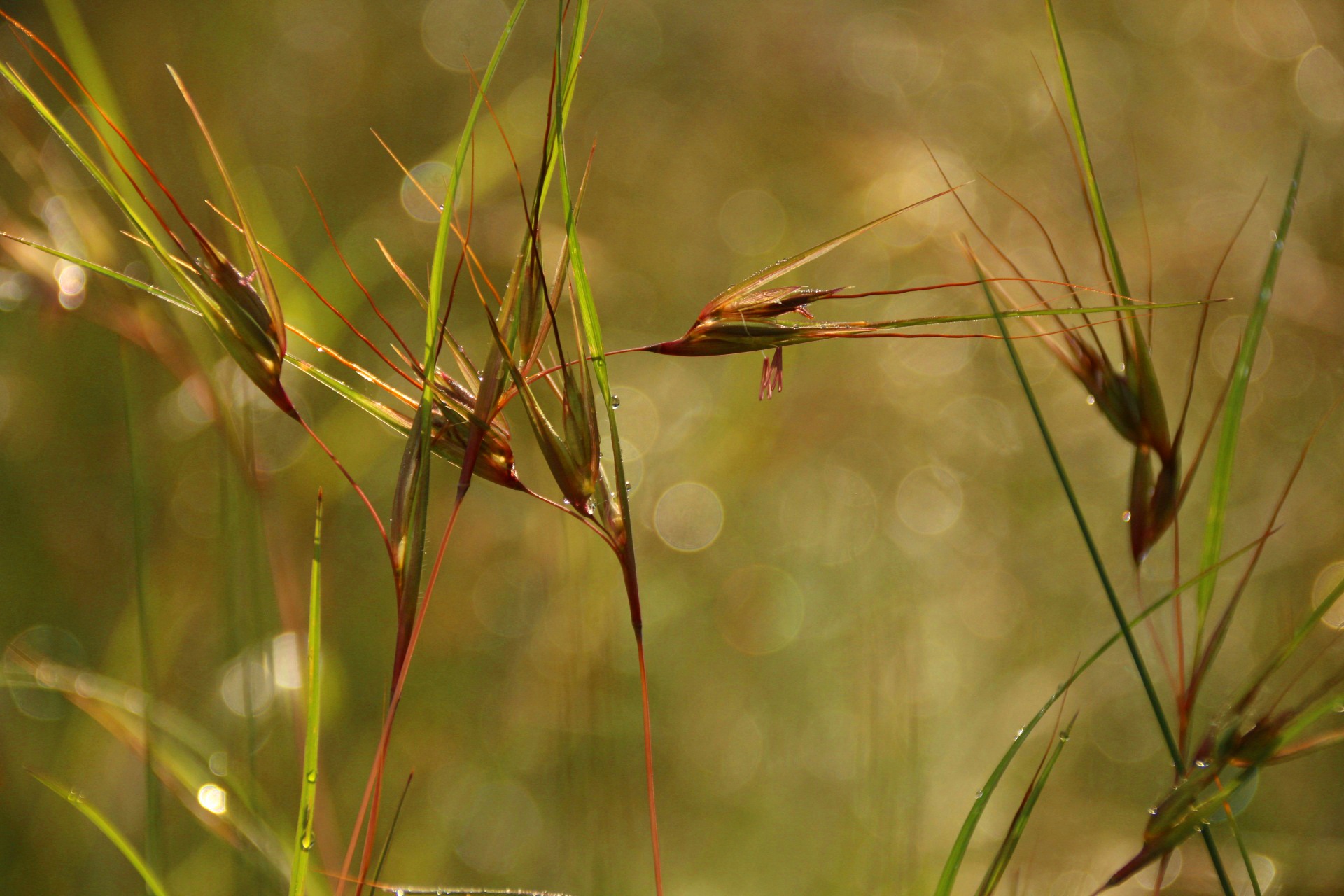
What are you most proud of here?
Actually, I’m most proud of the people – the community and our staff. Some of the original committee from 30 years ago are still active participants. The commitment and out-pouring of love for this place and what we do is pretty amazing. It is a joy to come to work and to be among such a positive team. However, if I had a favourite ‘patch’ it would have to be the grassland. And I have a particular patch of grassland I love the most. Its colourful, diverse, full of insect activity and skinks, (no snakes that I have found yet). Sometimes in Spring when the weeds are swamping me and I’m a bit overwhelmed, I go for a walk through this patch and allow myself to breathe and smile.
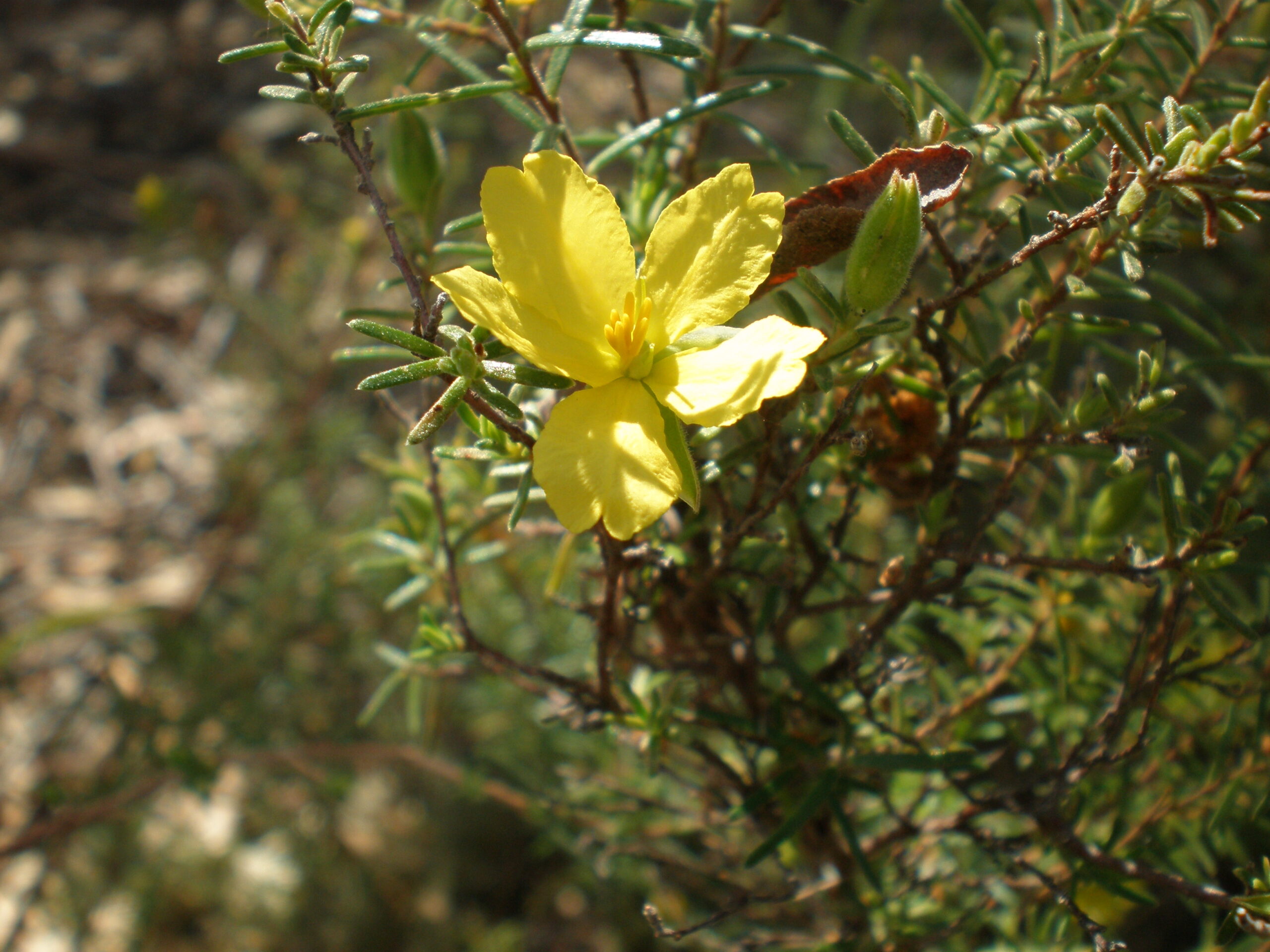
Any unique species that you’re trying to cultivate here?
Oh, we have lots of unique species. In fact, the site is what was known as a Granitic Outwash Grassy Woodland – it’s a unique community of plants found on the edge of the Strathbogies from Violet Town to Seymour. Its almost lost from the landscape, with just a few little patches remaining along the rail line between Longwood and Seymour. There are a number of plants that are found almost no where else – including the Euroa Guinea Flower – completely unique to this part of the world and flourishing at the Arb. We specialise in growing and harvesting rare and difficult plants for seed and tubestock.
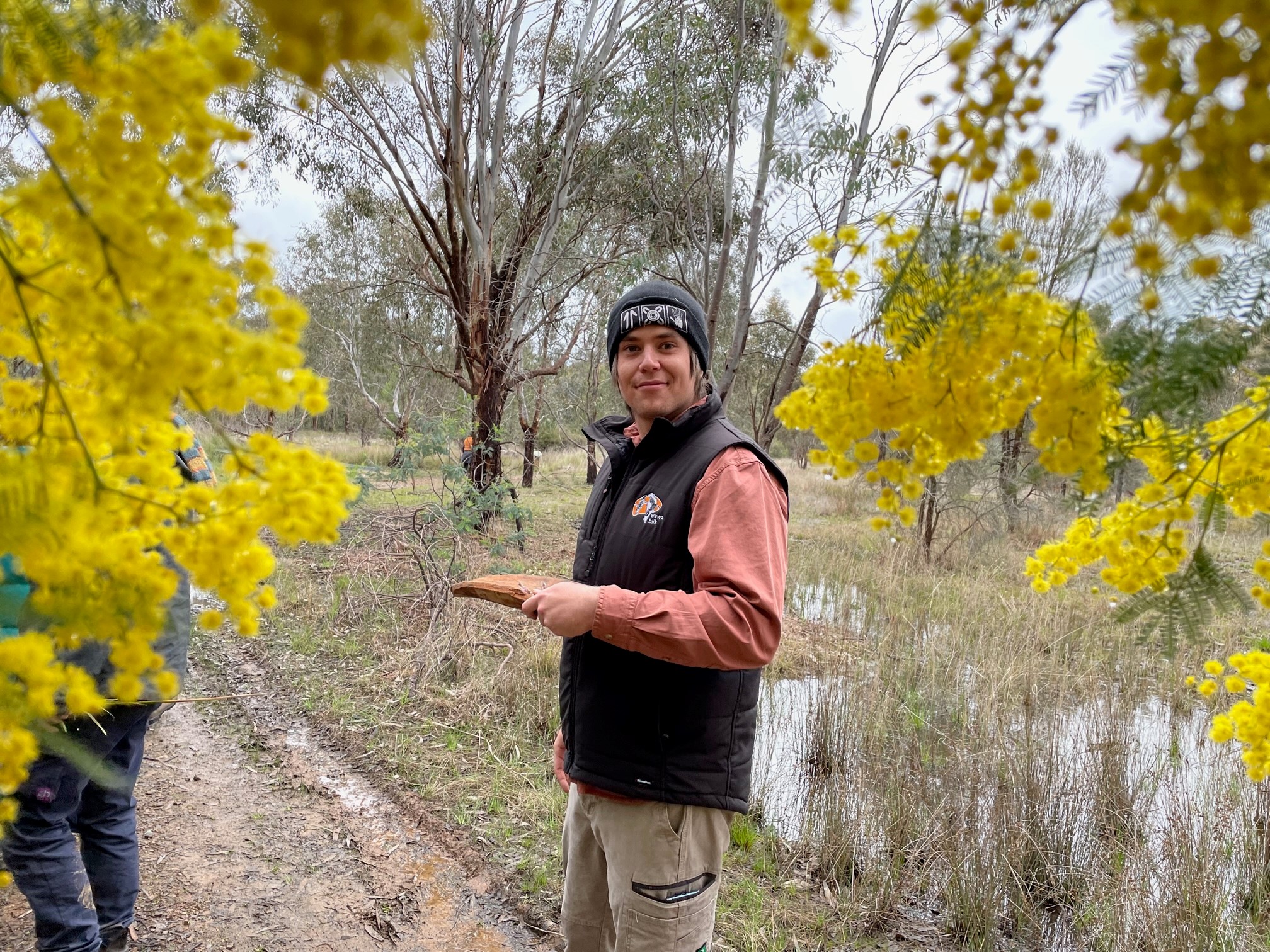
How have you collaborated with the Taungurung community here at the Arb?
Grassy Woodlands would have been a significant part of the food bowl for Traditional Owners. They were managed carefully to provide food and medicine for the mob. In restoring a grassy woodland, we felt it was imperative to look to traditional methods of management and adapt them to suit the current landscape challenges. Uncle Shane Monk has been part of our cool burns for several years – adapting our timing and understanding of burning and the response of weeds and native plants. We work alongside Taungurung to bring science and cultural knowledge together to manage country.
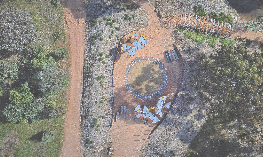
Tell us about the wonderful dance circle you've created at the Arb
We needed a place for workshops, a place to gather for events, and I was determined it needed to be a place to reflect our partnership with Taungurung. As an aside, I was lucky enough to walk the Larapinta track in central Australia a few years ago. Country that has ceremony still occurring has a great sense of spirit and power to me. I don’t believe we can restore and heal country without restoring language, song and dance and bring back the spirit of the place. To collaboratively create that space with Taungurung, to create a space for ceremony, I hope brings spirit and healing not just to the Arb, but to the Taungurung people and others that visit and participate at the Arb.

What are your aspirations for the Taungurung/Arb partnership
I think we have many common goals – learning country, listening to country, healing or restoring country. The Arb is a microcosm of those goals, but I hope that we can support each other to achieve those goals across the landscape, and bring the wider community on that journey of discovery and restoration too.
